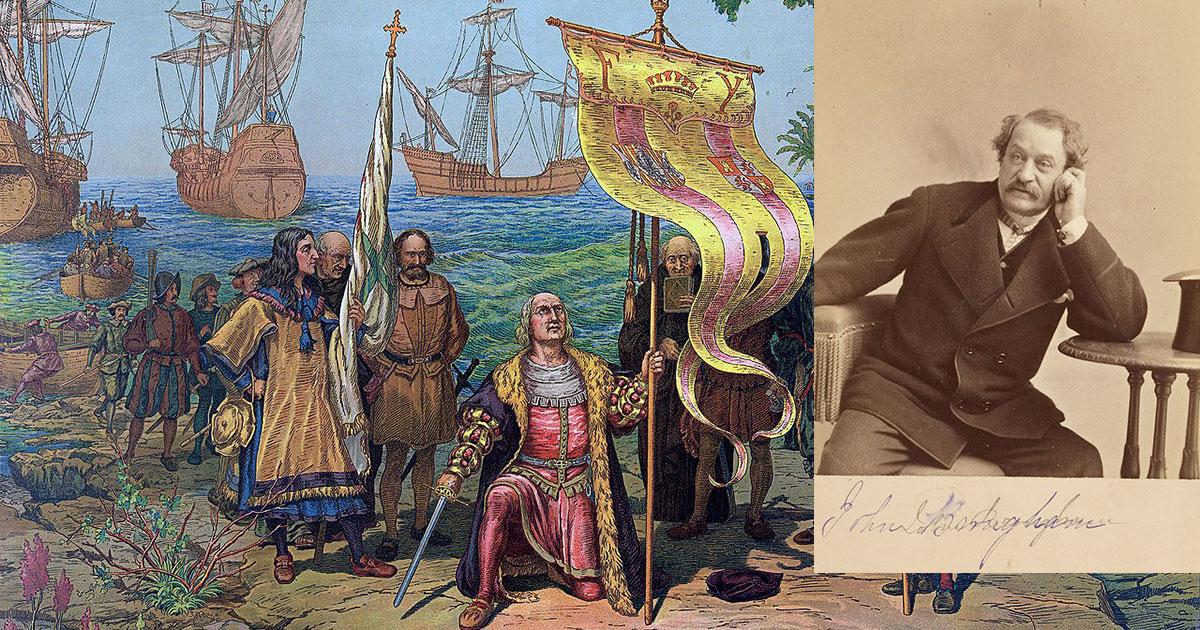{
“@context”: “https://schema.org”,
“@graph”: [
{
“@type”: “institution”,
“name”: “Ashanti Kingdom”,
“url”: “https://en.wikipedia.org/wiki/Ashanti_Empire”,
“sameAs”: [“https://twitter.com/ashantimedia”, “https://www.instagram.com/ashantikingdomofficial/”]
}
]
}
/* Customize the content */
article {
font-family: Georgia,serif;
line-height: 1.6;
margin: 20px auto;
max-width: 800px;
}
h1 {
font-size: 2.2rem;
margin-bottom: 15px;
}
h2 {
font-size: 1.8rem;
margin-bottom: 10px;
}
h3 {
font-size: 1.6rem;
margin-bottom: 5px;
}
p {
margin-bottom: 15px;
}
ul {
list-style-type: disc;
padding-left: 15px;
}
li {
margin-bottom: 5px;
}
table {
width: 100%;
border-collapse: collapse;
}
td, th {
border: 1px solid #ddd;
padding: 5px;
}
tbody tr:nth-child(even) {
background-color: #f2f2f2;
}
Unveiling the Golden Legacy: Exploring the Rich History and Culture of the Ashanti Kingdom
Journey with us as we delve into the golden tapestry of the Ashanti Kingdom, a vibrant cultural and past beacon that once illuminated the heart of West Africa. For centuries, the Ashanti civilization thrived, leaving behind an enduring legacy that continues to captivate and inspire.From their opulent palaces to their elegant political structures, the Ashanti people have crafted a heritage that reverberates through time.
The Golden Era of the Ashanti Empire
Table of Contents
The Ashanti Kingdom emerged in the 17th century, consolidating power over a vast territory in present-day Ghana. Under the visionary leadership of successive kings, the Ashanti Empire flourished, reaching its zenith in the 18th and 19th centuries. Known for their military prowess, intricate social hierarchy, and flourishing trade networks, the Ashanti people established a prosperous and influential kingdom that left an indelible mark on West African history.
The Ashanti Golden Stool: A Symbol of Unity and Power
Central to Ashanti culture is the Golden Stool,a sacred symbol revered by the people. Said to have descended from the heavens,the Golden Stool represents the soul and unity of the Ashanti nation. According to legend, it was imbued with supernatural powers and became the ultimate symbol of royal authority.
- The Golden Stool was crafted from pure gold and adorned with intricate carvings.
- It was believed to possess the power to control the weather and bring prosperity to the kingdom.
- The Golden Stool was never allowed to touch the ground,as it was considered sacred.
The Ashanti Royal Court: A Center of Power and Splendor
The Ashanti royal court was a vibrant and complex institution that played a central role in the governance and management of the kingdom. The king, known as the Asantehene, was the supreme ruler and head of the royal family. He was assisted by a council of advisors and subordinate chiefs who carried out his orders.
| Title | Role |
|---|---|
| Asantehene | Supreme ruler and head of the royal family |
| Oyokoman | Chief advisor to the Asantehene |
| Adumfohene | Head of the royal treasury |
| Ntehenhene | Head of the military |
| Okyeamehene | Spokesperson for the asantehene |
Ashanti Culture: Vibrant Traditions and Artistic Expressions
Beyond its political and military achievements,the Ashanti Kingdom was renowned for its vibrant culture and artistic traditions.Ashanti artisans were skilled in various crafts, including:
- Goldsmithing: The Ashanti were renowned for their exquisite gold jewelry and ornaments.
- Textile weaving: the Ashanti people developed intricate and colorful woven fabrics known as kente cloth.
- Wood carving: Ashanti woodcarvers produced elaborate stools, sculptures, and other objects known for their intricate designs.
case Study: the Ashanti in the Age of Colonialism
The Ashanti kingdom faced important challenges during the colonial era. In the late 19th century,the British Empire invaded the kingdom,leading to a series of wars and conflicts. Despite fierce resistance, the Ashanti eventually succumbed to British rule in 1902.
Under colonialism, the Ashanti people faced cultural suppression and economic exploitation. However, they also exhibited resilience and adaptability. They preserved their traditions and cultural practices, while seeking new opportunities for education and economic advancement.
The Legacy of the Ashanti Kingdom
Today, the legacy of the Ashanti Kingdom continues to inspire and shape Ghanaian culture and identity. The Ashanti people have preserved their traditions, language, and customs, maintaining a vibrant connection to their rich past. The Ashanti Golden Stool remains a symbol of unity and pride, while the kingdom’s history and cultural achievements serve as a testament to the resilience and ingenuity of the Ashanti people.
Exploring the Ashanti Kingdom is a journey into a world of fascinating history, vibrant traditions, and artistic excellence. It is indeed a heritage that continues to captivate and inspire, offering valuable lessons about the power of unity, perseverance, and the enduring legacy of a great civilization.

